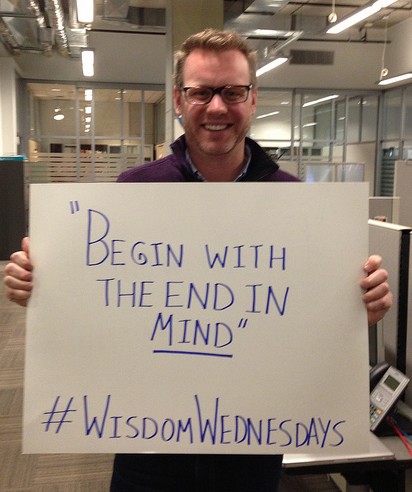
It’s March, and many people’s well-intentioned New Year’s Resolutions have long gone out the window. Making lifestyle changes can be difficult, but in an interview with Washington Post, sociologist Christine Whelan sheds light on how to make a fresh start.
Her first piece of insight comes straight from sociologists’ time use surveys: consider a new habit as not only adding to your schedule, but also subtracting time from other activities. “If I said ‘I want to go the gym for an hour three times a week,’ the first thing I’d have to figure out is, what am I not going to be doing during those hours. But we don’t tend to think about that,” Whelan points out. Prioritization is key. Weighing the costs and benefits of sacrificing an hour spent sleeping or watching House of Cards for an hour at the gym will help determine if your goal is manageable or needs reworking.
Whelan also stresses the importance of making sure the new goal is something you want to accomplish, rather than something you feel like you should be doing. “You’re much less likely to accomplish a change if you don’t want to do it, and it’s not in keeping with your values.”
Finally, she advises against creating a laundry list of goals in favor of developing one new habit at a time. Specific goals are more likely to become habits because, according to Whelan, distinct aspirations are “SMART”:
Specific
Measurable
There’s a Reward for sticking to it
Progress is Trackable
After 90 days of practice, it’s likely that your concerted lifestyle change will pay off: “The longer you stick with it, the more likely it is you’ll develop a habit that you don’t have to think about. It doesn’t require self control, there’s not a lot of active internal debate. You just do it.”

Comments